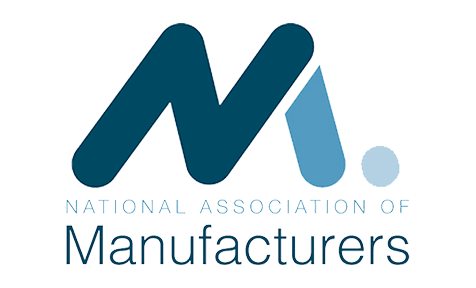Brief
Plant-based organic waste, such as fruits and vegetables, is typically collected as part of recycling efforts in specialized facilities. These facilities employ various methods to process the waste, such as composting or anaerobic digestion. The organic waste is transported from the customer to the processor’s facility in large plastic bins that need to be cleaned after emptying. This sparked the customer to look at conveyor tote washing systems.
Challenge
This company transported organic waste in large plastic bins (dimensions 48X48X48”), and the major challenge was cleaning the bins after emptying and before being put back into circulation. This was labor intensive and caused high turnover rates, causing production issues. The size of vats and bins made the washing process cumbersome and inconsistent over a shift.
Approach
Our team visited the client’s facilities and walked through the process. A custom tote washing system was designed based on a firm understanding of the application and the customer’s challenges and through rigorous part testing at Better Engineering’s facility. Better Engineering built a conveyorized tote cleaning machine to automate the cleaning process and provide labor savings, a safer work environment, cleaning consistency, and water savings.
Results
A 48’’x48’’x48’’ bin is loaded at ground level. It is then automatically flipped 180 degrees onto the conveyor belt and indexed into the conveyor tote washing system to be washed, dried, and cleaned on the other end of the automated bin washer machine.
COnclusion
Overall, automating bin cleaning with a conveyor tote washing system can benefit companies, including improved efficiency, cost savings, consistent cleaning results, enhanced employee safety, environmental sustainability, and regulatory compliance. It is essential to assess each company’s specific needs and circumstances to determine whether automation is a suitable solution.
Please contact us to learn about more cleaning applications and conveyor parts washers like this!






